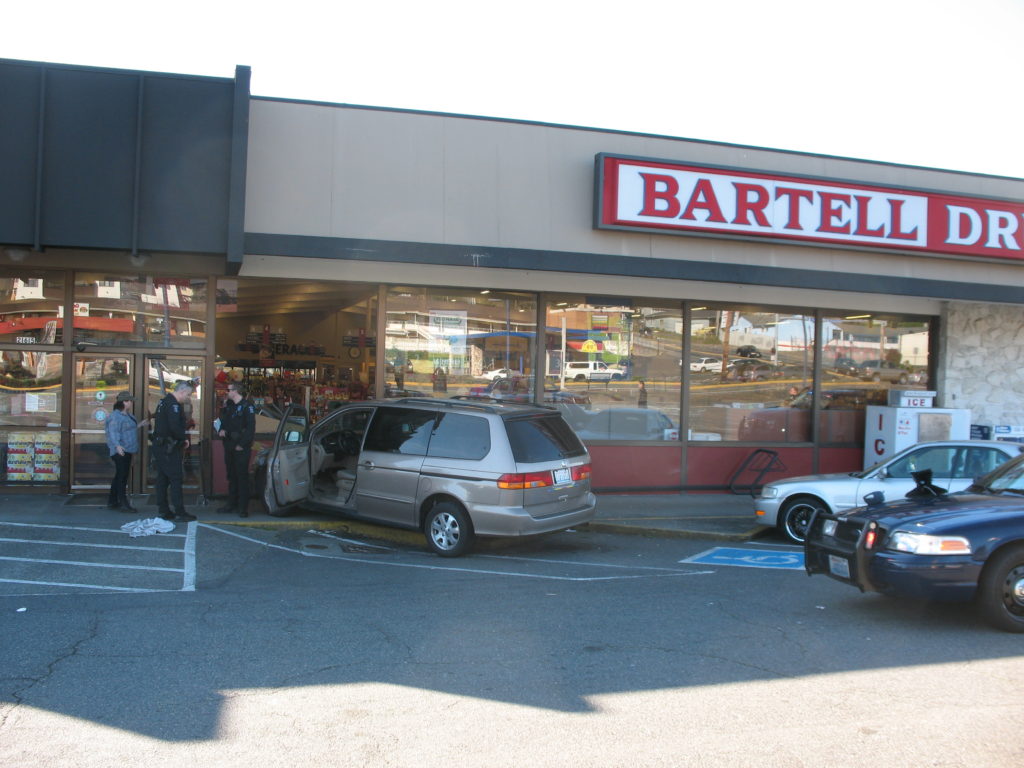“I Am Not Who I Was!”
Coping with the Loss of Identity
There is no greater suffering
than constantly measuring yourself and coming up short
except perhaps the realization that your suffering is hurting others.
~ Vironika Tugaleva
Mom stared down from their 4th floor retirement community apartment to the parking lot below. Their parking place sat empty. The minivan gone. Her source of mobility, Dad, was no longer available to drive. The minivan had been given to my brother. She grieved.
I received the email full of “mea culpa” from Dad that evening, March 8th, 2015. He had finally surrendered his license. For ten years we had pressed him to quit driving. We would refuse to ride with him driving when we were home, saying we felt unsafe. But he would insist, and we would relent. Dreading each trip with him behind the wheel.
Then it happened. DWO some call it—Driving While Old.
Dad had pulled into the handicap spot too fast, the startled women jumped. Dad slammed on the break, but missed, hitting the accelerator instead.
Dad was physically unhurt, but the woman walking in front of the drugstore was hospitalized with a shattered hip, the front entrance of the drugstore demolished.
Although the woman has presumably healed. Dad’s suffering had only begun. He was afraid he had killed her. Financial ruin was bound to result he was sure. He wanted to go to the woman and her family to say how sorry he was. The guilt, the fear, the self-recrimination was only the beginning. He carries the grief and remorse to this day.
Driving is the ultimate symbol of independence for many elders. To give it up can be spirit-killing, filling a person with guilt, anger, resentment, humiliation, even a sense of de-humanization.
Giving up driving was only an early indication of the grief and suffering awaiting my father. It would not be the last time he had to admit he was no longer capable of providing care for his bride.
The truth is, to be aging means a litany of decline, loss, no-longer-able-to, greater dependence on others. Those attributes relied upon in earlier years to give meaning and identity to oneself, as an elder tend to bear little resemblance to those attributes of youth. It is in the comparisons drawn between who we “were” and who we “are” that, for many, create the most damage to our psyche, our sense of identity, wholeness and well-being. The truth is who we are is an issue of character not our capacity to “perform.” But we struggle to separate our sense of identity from a sense of ability to contribute to societal economic value. So, we grieve. We suffer. For many comes a desire to just give up, give in, say “I’m done.”

